25 Surprising Diabetes Facts Everyone Should Know: Management & Awareness
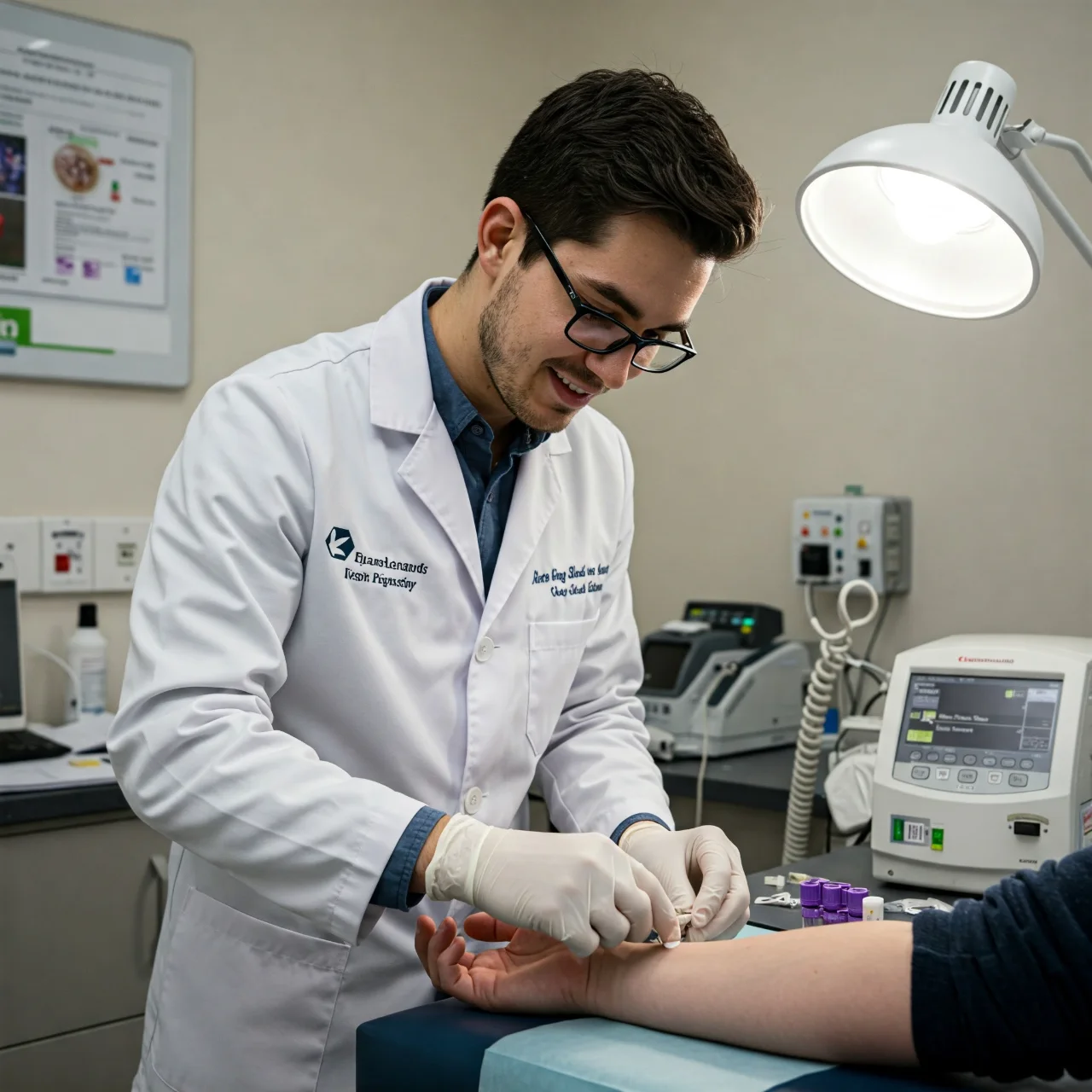
Beyond blood sugar: Discover 25 lesser-known diabetes facts about prevention, management, and raising awareness. Empower yourself with crucial knowledge! #diabetes #diabetesfacts
The Silent Pandemic: Why Diabetes Awareness is Crucial

Diabetes affects over 537 million adults globally, and that number is rising. The real shocker? Approximately 1 in 5 people with diabetes are *unaware* they even have it. This lack of awareness leads to delayed diagnosis and increased risk of complications. Early detection is key to effective diabetes management, making awareness campaigns vital. Prioritizing knowledge is crucial for better health outcomes.
Diabetes Isn't Just One Disease
Most people think 'diabetes' is a single condition, but it’s actually a group of metabolic diseases. Type 1, Type 2, Gestational diabetes, and rarer forms like LADA and MODY all have distinct causes and management strategies. Understanding the *type* is crucial for personalized care and achieving optimal health. Don’t assume a one-size-fits-all approach.
Ancient History of ‘Sweet Urine’

Diabetes isn't a modern ailment! Evidence suggests it was recognized as far back as ancient Egypt (around 1500 BC). Ancient physicians noted 'sweet urine' attracting ants, describing symptoms we now associate with diabetes. The term 'diabetes' itself comes from the Greek word meaning 'to siphon,' referring to excessive urination.
The Pancreas: A Surprisingly Versatile Organ
While known for insulin production, the pancreas does much more! It’s vital for digestion, producing enzymes to break down fats, proteins, and carbohydrates. Diabetes disrupts this delicate balance, impacting more than just blood sugar. Maintaining pancreatic health is important, even *before* a diabetes diagnosis.
Stress Significantly Impacts Blood Sugar
Ever notice your blood sugar spikes when stressed? That's because stress hormones like cortisol counteract insulin’s effects. Chronic stress can lead to insulin resistance, increasing your risk of Type 2 diabetes. Managing stress through techniques like mindfulness or exercise is a vital part of diabetes management and prevention.
Sleep Deprivation: A Hidden Diabetes Risk

Consistent lack of sleep disrupts hormone regulation, leading to insulin resistance and increased appetite. Studies show a link between short sleep duration and a higher risk of developing Type 2 diabetes. Prioritizing 7-8 hours of quality sleep should be a core component of any diabetes prevention strategy.
Diabetes Complications Extend Beyond the Big Ones
We often hear about heart disease and nerve damage, but diabetes can impact nearly *every* organ system. Less known complications include hearing loss, Alzheimer’s disease, and even certain types of cancer. This underscores the importance of comprehensive diabetes management and regular check-ups.
The Role of Gut Health in Diabetes
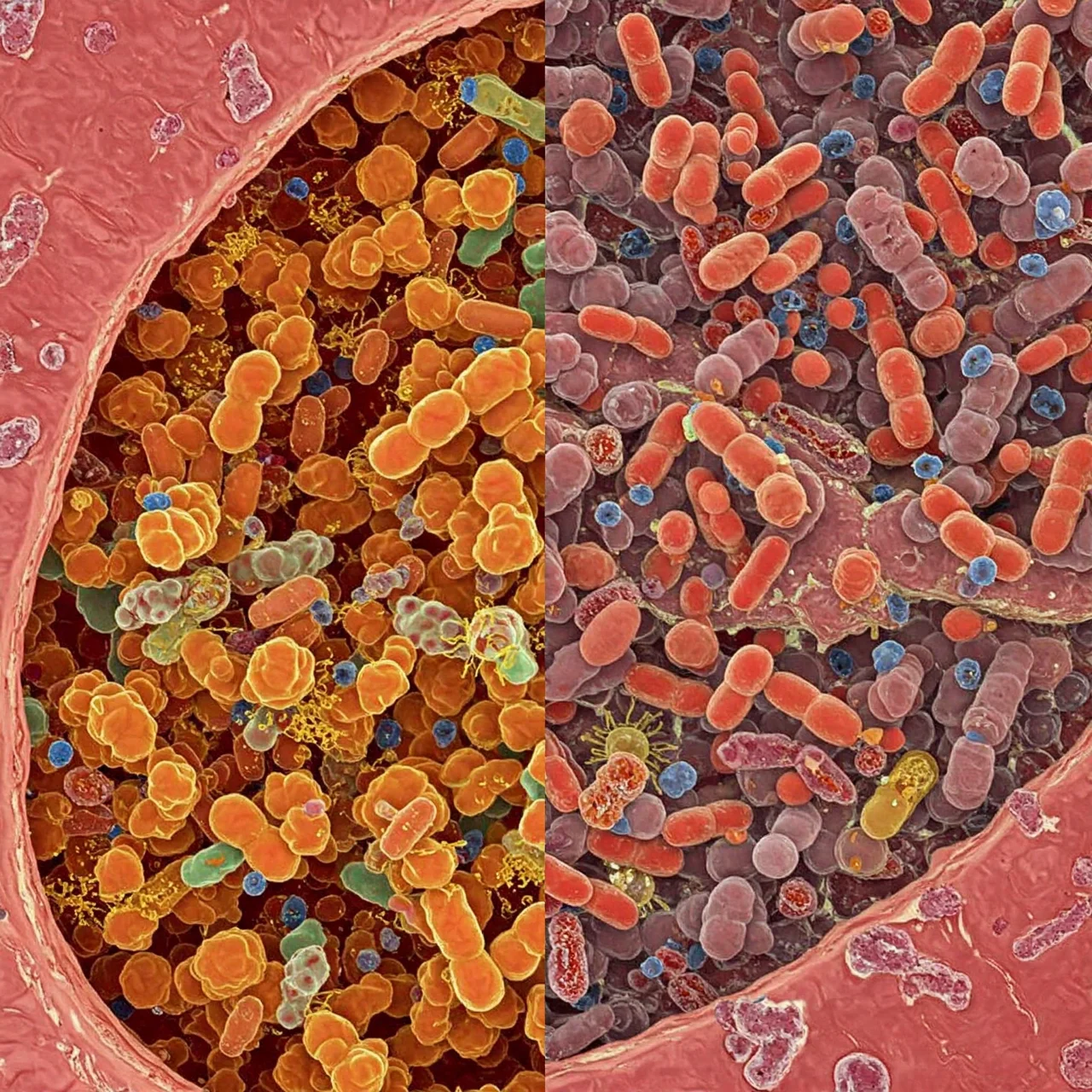
Recent research highlights a strong connection between gut bacteria and diabetes. An imbalanced gut microbiome can contribute to inflammation and insulin resistance. Consuming fiber-rich foods, probiotics, and prebiotics can help nurture a healthy gut and potentially improve blood sugar control. [Source: American Diabetes Association - https://www.diabetes.org/]
Exercise is Medicine - Even a 10-Minute Walk Helps

You don't need intense workouts! Even moderate exercise, like a 10-minute walk, can improve insulin sensitivity and lower blood sugar levels. Exercise helps muscles use glucose for energy, reducing the burden on the pancreas. Consistency is more important than intensity.
Dietary Fiber: Your Blood Sugar’s Best Friend

Fiber slows down glucose absorption, leading to more stable blood sugar levels. It also promotes satiety, aiding in weight management – a key factor in Type 2 diabetes prevention and control. Aim for at least 25-30 grams of fiber daily. Think fruits, vegetables, and whole grains.
Diabetes and Vision Loss – It's Preventable!
Diabetic retinopathy is a leading cause of blindness, but *early detection and treatment can prevent vision loss*. Regular eye exams are crucial for people with diabetes. Laser therapy and injections can effectively manage the condition. Don’t delay your eye check-ups!
The Surprising Link Between Gum Disease and Diabetes
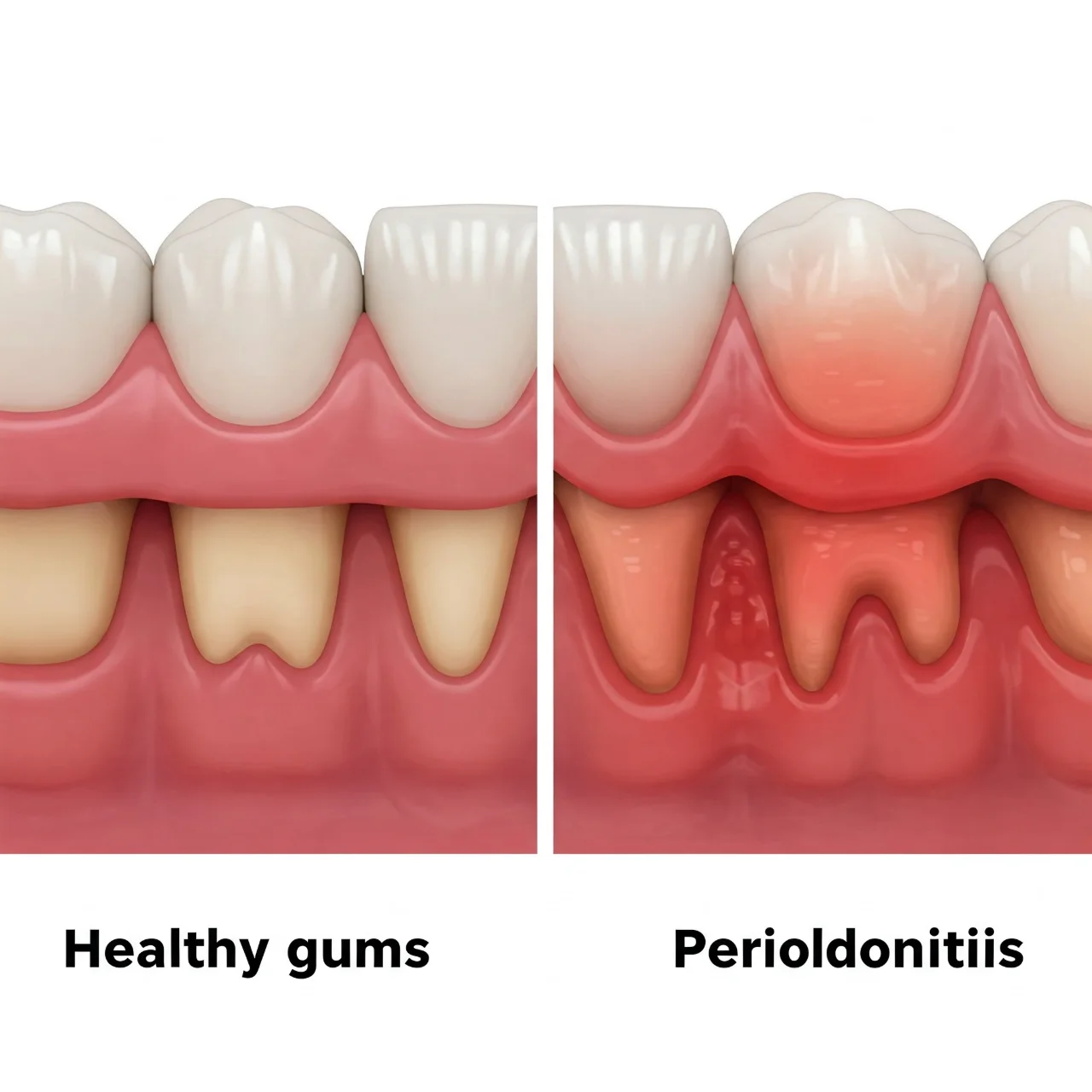
Gum disease (periodontitis) is more common and severe in people with diabetes, and it can even worsen blood sugar control. The inflammation from gum disease impacts insulin sensitivity. Maintaining good oral hygiene—brushing, flossing, and regular dental visits—is vital for overall health.
Gestational Diabetes Doesn’t Always Disappear
While gestational diabetes often resolves after pregnancy, women who experience it have a significantly higher risk of developing Type 2 diabetes later in life. Regular follow-up screenings and lifestyle modifications are essential for long-term health.
Artificial Sweeteners: A Complex Relationship With Diabetes
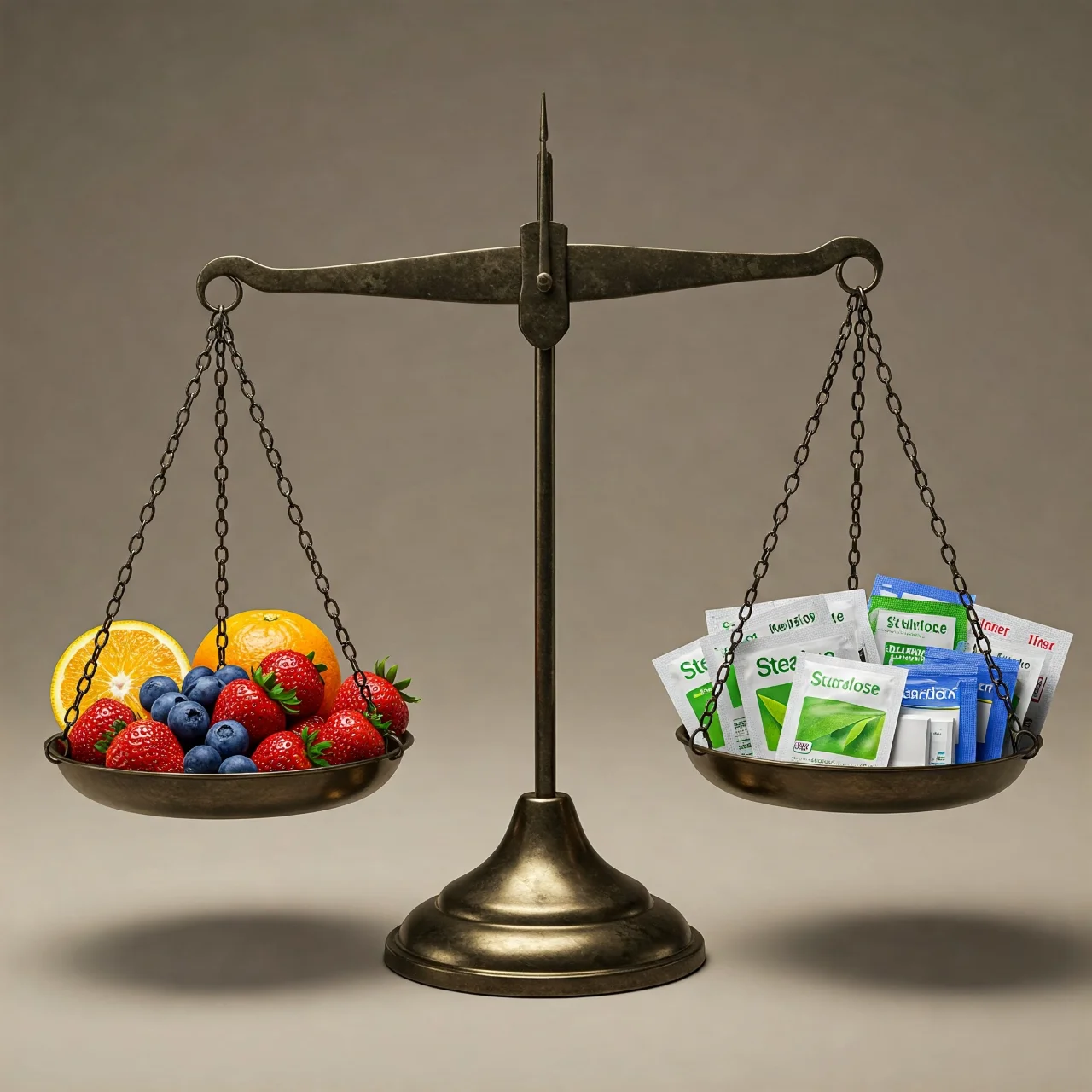
The impact of artificial sweeteners on diabetes management is still debated. While they don’t directly raise blood sugar, some studies suggest they may affect gut bacteria and insulin sensitivity. Moderate consumption and a focus on whole, unprocessed foods are advisable.
Diabetes & Mental Health: Often Overlooked

Living with diabetes can be emotionally challenging, increasing the risk of depression and anxiety. The constant management and potential complications can be overwhelming. Prioritizing mental wellbeing is just as important as physical health. Seek support if you’re struggling!
Technology is Revolutionizing Diabetes Management
Continuous Glucose Monitors (CGMs) and insulin pumps are changing the game, offering more precise control and improved quality of life. Smartphone apps provide data tracking, personalized insights, and even remote monitoring by healthcare providers. Diabetes tech is constantly evolving.
The Genetic Component: Family History Matters

Having a family history of diabetes significantly increases your risk. While genetics aren't destiny, it’s a crucial factor to be aware of. Knowing your family history can motivate you to adopt preventive lifestyle choices.
Vitamin D Deficiency & Diabetes Risk
Low vitamin D levels have been linked to increased insulin resistance and a higher risk of both Type 1 and Type 2 diabetes. Getting enough sunshine or taking a vitamin D supplement may be beneficial, but consult with your doctor first. [Source: National Institutes of Health - https://ods.od.nih.gov/factsheets/VitaminD-HealthProfessional/]
Diabetes Awareness Campaigns: Making a Difference
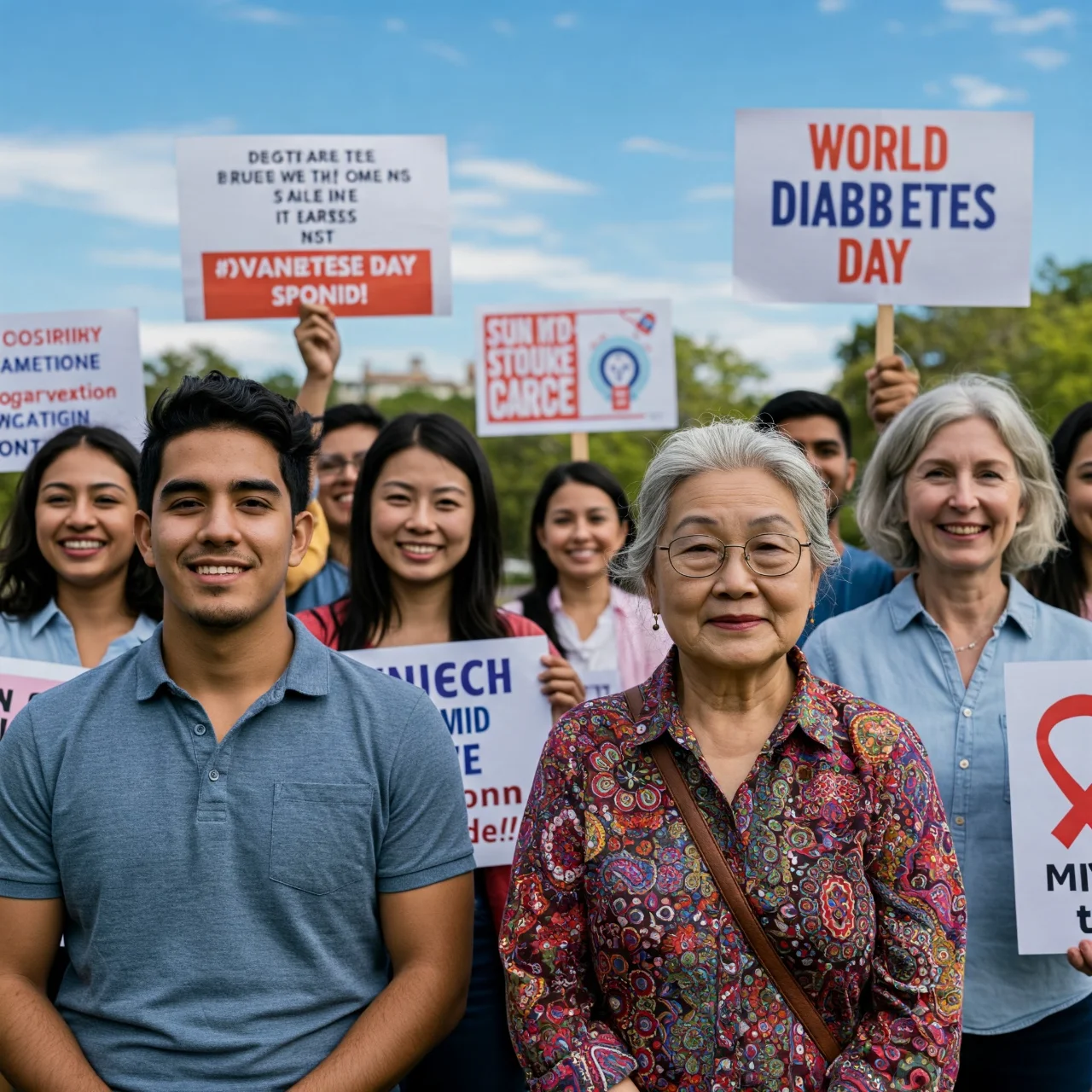
Global initiatives like World Diabetes Day (November 14th) raise awareness, promote prevention, and support those living with the condition. These campaigns are vital for breaking down stigma and fostering a more understanding society. Get involved and spread the word!
The Future of Diabetes: Potential Cure on the Horizon?
Research into immunotherapy, stem cell therapies, and artificial pancreas systems offers hope for more effective treatments and potential cures for diabetes. Scientists are making significant strides, although a widespread cure is still years away. Continued investment in research is crucial.
Diabetes and Kidney Health: A Dangerous Connection
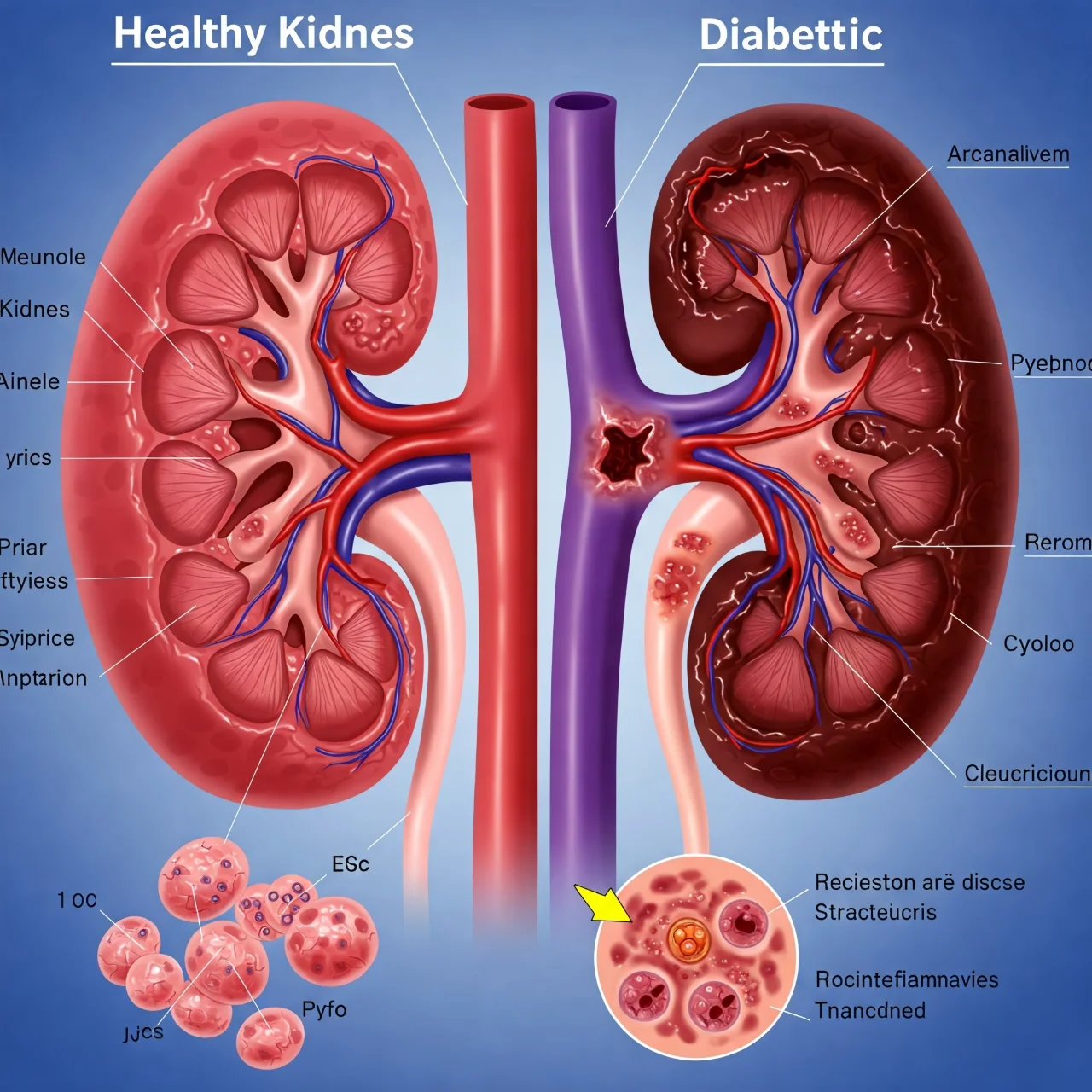
Diabetes is a leading cause of kidney disease. High blood sugar damages the blood vessels in the kidneys, impairing their function. Regular kidney function tests are crucial for early detection and management. Protecting your kidneys is a critical aspect of diabetes care.
The Impact of Processed Foods

Diets high in processed foods are strongly linked to an increased risk of Type 2 diabetes. These foods often contain high amounts of sugar, unhealthy fats, and lack essential nutrients. Focusing on whole, unprocessed foods is a cornerstone of diabetes prevention.
The Importance of Foot Care
Diabetes can cause nerve damage (neuropathy) and reduced blood flow to the feet, increasing the risk of foot ulcers and amputations. Regular foot exams, proper footwear, and meticulous foot hygiene are essential for preventing complications.
Early Diagnosis Can Prevent Complications

Simple blood tests can detect prediabetes & diabetes even before symptoms appear. Acting early—through lifestyle changes or medication—can significantly reduce the risk of developing severe complications. Don’t ignore potential warning signs and get screened regularly!
Comments
Loading comments...